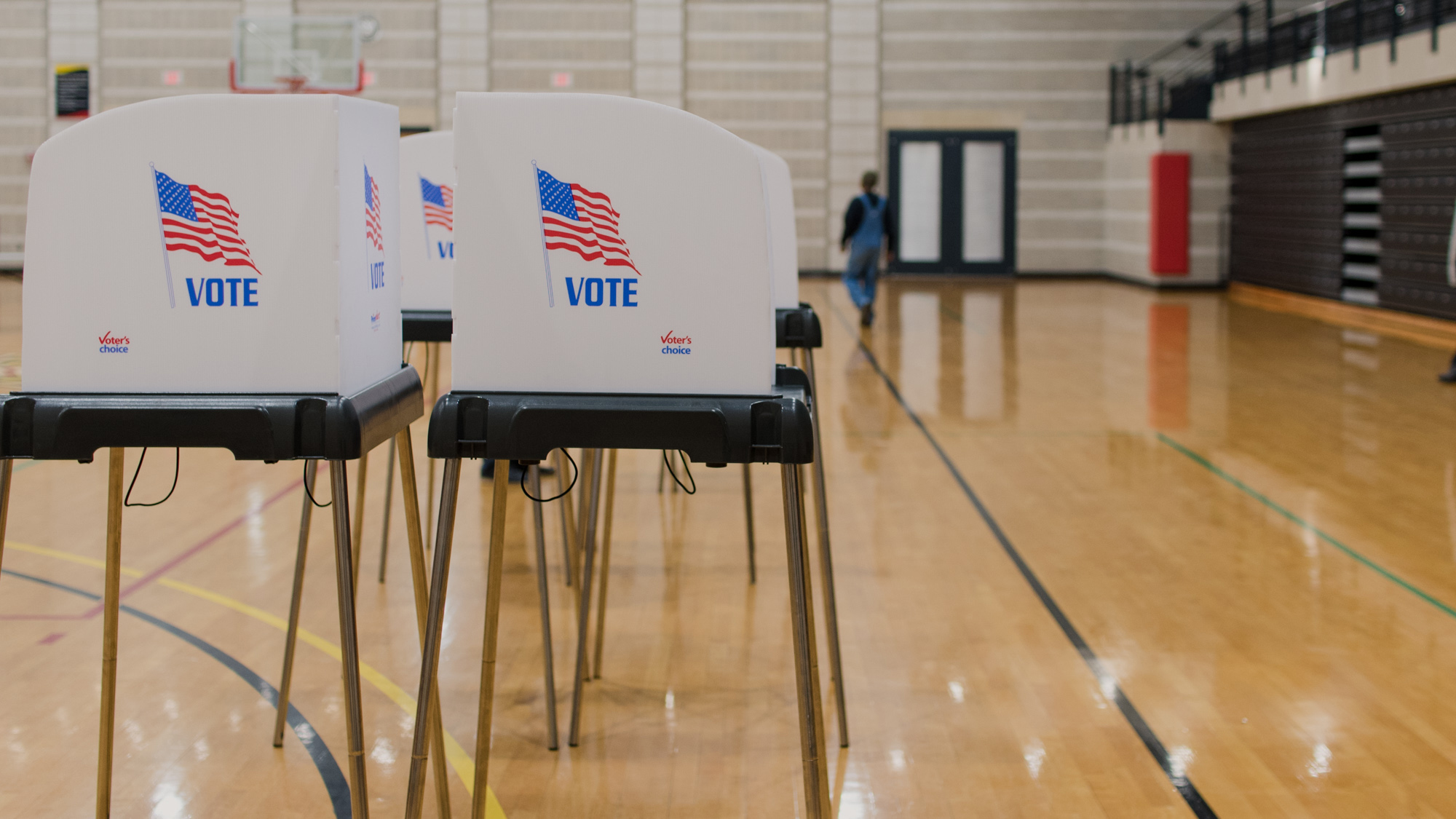Views expressed in opinion columns are the author’s own.
With the high-stakes 2020 presidential election drawing nearer, progressives are aggressively targeting nonvoters more than ever in order to drum up some last-minute support for Joe Biden, the Democratic candidate whose biggest (notable) selling point appears to be that he is not Donald Trump. Along with this, there has been a wider discussion about whether voting should be compulsory moving forward. For many, including my colleague Josh Binderman, compulsory voting is the solution to finally getting nonvoters to participate in our elections, which in turn would get popular progressive policies passed. While these sentiments come from a good place, making voting compulsory without addressing any nonvoter concerns or structural barriers to voting doesn’t do anything to make it more democratic. If anything, it further disenfranchises and antagonizes marginalized nonvoters.
Binderman correctly states that while the popular narrative labels nonvoters as “privileged” people with no stake in the outcome of elections and in policy, nonvoters are overwhelmingly members of marginalized groups — and they’re undoubtedly the most harmed by bad policy and politicians who do not care for their lives. In fact, a study conducted by Pew Research Center found that 43 percent of nonvoters are not white, 46 percent have family incomes below $30,000, and 54 percent are not college educated. We can see that the villainization of nonvoters as people who are isolated by a wall of privilege is largely untrue.
Yet, contrary to Binderman’s claims that requiring nonvoters to vote would incentivize marginalized nonvoter groups to vote, diversify the electorate, elect more progressive politicians and thus improve the quality of life for marginalized Americans, forcing nonvoters to cast ballots without substantially addressing the barriers to voting and distrust in politicians that exist within these communities would be counterproductive and alienating.
Binderman accurately mentions voter suppression is rampant within our country and a significant barrier to voter accessibility. So how does making voting compulsory meaningfully challenge voter suppression? If anything, it places marginalized groups whose votes are more likely to be suppressed in a sort of Catch-22 where they will be punished for not casting their ballots in areas controlled by politicians that actively work to silence their voices.
Furthermore, how does politicians passing coercive measures that revolve around surveillance and punishment of nonvoters motivate disillusioned nonvoters to cast their ballots? Especially in low-income communities and communities of color, why is it fair to target nonvoters with fines or other legal punishments that could aggravate their socioeconomic situation? Wouldn’t these punishments then further empower the prison-industrial complex, which already disproportionately targets and disenfranchises these same communities?
Binderman also says compulsory voting would expand democracy and pave the way for the progressive policies favored by most Americans by forcing politicians to be more accountable to and representative of their electorate. On the surface, this makes perfect sense. But the flip side is that if all eligible voters are legally required to vote, then politicians would actually be less incentivized to push progressive policies. We have two massive, corporatized parties that have a stranglehold on electoral politics and American lives. Forcing people to vote doesn’t do anything to hold either of these parties accountable because, no matter what, people will be forced to vote Republican or Democrat as the only two “viable” options in our current system. This in turn would likely further disillusion nonvoters and engender even less faith in our so-called democracy.
Ultimately, while it is important to recognize that voting has the potential to improve broader social conditions and that voter suppression actively harms vulnerable communities, compulsory voting — especially without a simultaneous dismantling of barriers to voter access and of the two-party system — is not the solution to expand democracy and improve social conditions.
Instead of asking how we can punish those who do not vote (who more often than not belong to the very same vulnerable groups that we are claiming to assist), our efforts would be better spent breaking down barriers to voting, meaningfully engaging with nonvoter concerns and, above all, devoting the vast resources sunk into our electoral process into on-the-ground community efforts that center communities constantly forgotten and trampled upon by the political establishment. This, not more surveillance and punishment, is how we can cultivate true democracy and trust in our communities.
Caterina Ieronimo is a junior government and politics major. She can be reached at ieronimocaterina@gmail.com.



